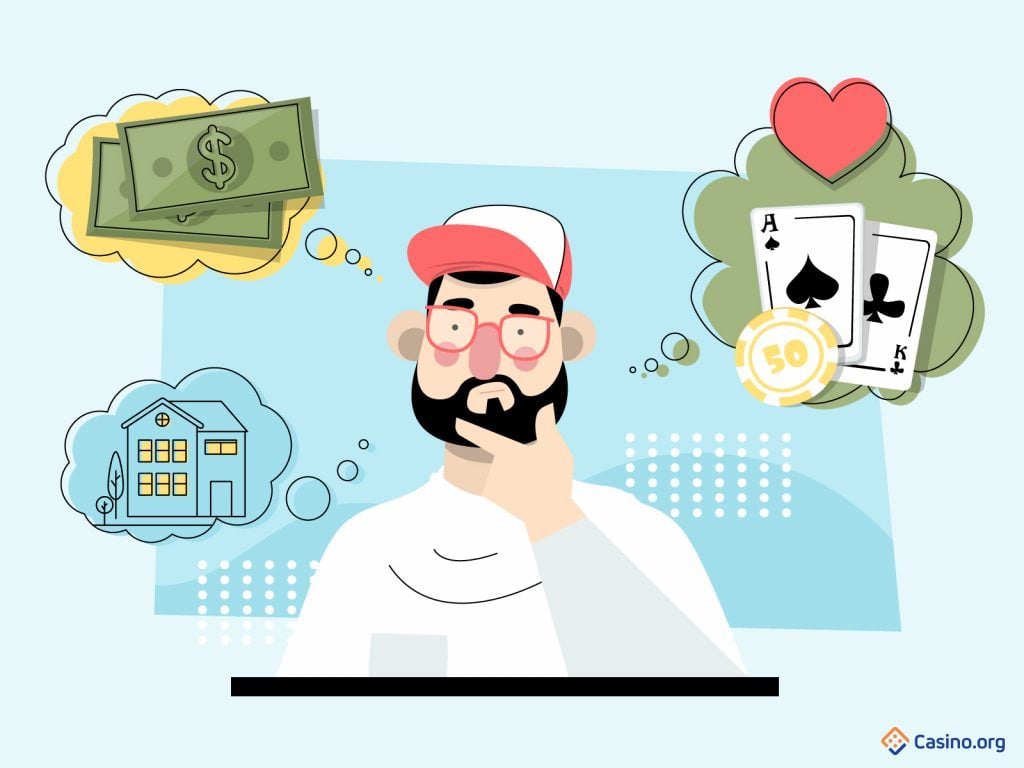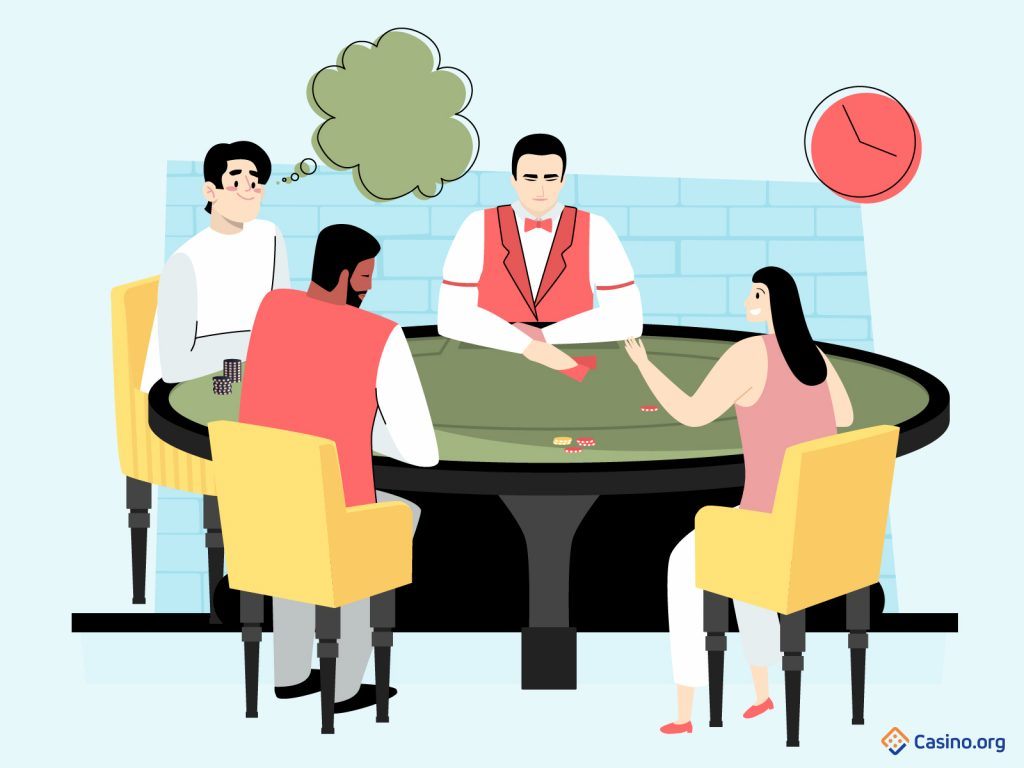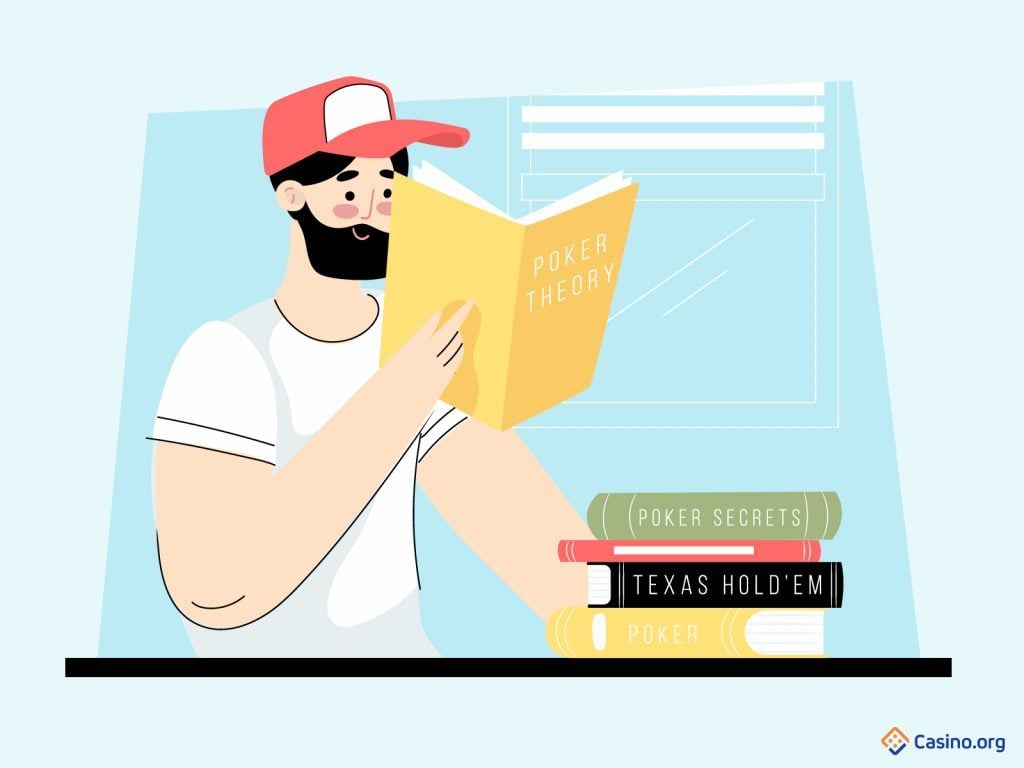Essential Habits for Long-Term Poker Success: 7 Steps to Becoming a Winning Player

Setting the Right Foundation: The Reality of Poker Improvement
Most aspiring poker players crave a shortcut to mastery, hoping for overnight results with minimal effort. Unfortunately, the nature of poker demands more dedication than magic formulas. While casual games among friends might let you get by without deep knowledge, meaningful and consistent poker winnings hinge on commitment, discipline, and an ongoing drive to improve. If you’re serious about reaching your poker goals, your journey starts with a clear mindset and specific promises to yourself.
Clarify Why You Play: Discovering Your Poker Motivation

Before you invest time and energy into mastering poker, it’s crucial to understand what genuinely motivates you to play. Many are lured by the freedom, competitive spirit, and potential financial gain the game offers. However, few recognize the sustained work behind these rewards.
To help solidify your intentions, consider questions like:
- Why have you chosen poker over other activities or professions?
- Is your love for the game rooted in passion, or is it primarily about making money?
- Can you realistically carve out enough time and focus for serious improvement?
- What, specifically, are you hoping to achieve through poker?
Other industries may provide financial stability with less risk, so be honest about your motivations. Success in poker demands much more than just a hunger for quick cash.
Play Only When Ready: Prioritizing Mental and Physical Wellbeing

A common misconception is that the more hands you play, the faster you’ll improve. In reality, true progress accelerates during periods of focused analysis: reviewing your sessions, engaging in strategy discussions, or working with coaches. Although practice is necessary to implement what you’ve learned, it’s the quality-not just the quantity-of your playing hours that shapes your results.
Resist the urge to play when exhausted or emotionally off balance. Optimal performance at the poker table comes from being alert and fully engaged. If you don’t feel mentally prepared, skip the session and take time to recharge. You’ll return with sharper insights and a stronger game.
Make Thoughtful Decisions: Embrace Deliberate Play

Rushed decisions are one of the biggest pitfalls in poker. Many players quickly regret snap reactions, realizing-often too late-what they missed in the moment. To cultivate strategic discipline:
- Pause and consider all plausible actions.
- Weigh the benefits and risks of each choice.
- Practice this habit until it becomes second nature.
Taking the extra time to analyze every situation will significantly increase the quality of your decisions and your long-term results.
Keep Emotions in Check: Developing Mental Resilience

Poker is a game of swings, including tough losses and unpredictable variance. Letting emotions dictate your actions often leads to costly errors. The secret is to focus only on what you can control-making good decisions-and accept that you cannot influence short-term outcomes.
Remember:
- Each hand is an independent event, unaffected by previous misfortune.
- Don’t succumb to the belief that a losing streak means more losses are inevitable.
- Detaching from the emotional rollercoaster leaves you free to perform your best.
Over time, this emotional discipline will help you avoid costly tilt and make sound, rational plays.
Practice Smart Bankroll Management: Protecting Your Poker Funds

Proper bankroll management is vital for any player aiming to survive and thrive long-term. Even strong players have gone broke by ignoring the rules of responsible money handling. Key steps include:
Separate Your Poker Bankroll from Daily Money
Keep your poker funds isolated from personal finances. This helps minimize anxiety during inevitable downswings since you’re not risking money earmarked for bills or essentials.
Avoid Excessive Withdrawals
Constantly taking money from your poker bankroll makes it harder to move up stakes or withstand bad runs. Whenever possible, invest winnings back into your progression-through study materials, coaching, or keeping your bankroll healthy for higher levels.
Maintain a Financial Cushion
Aim to save at least six months’ worth of living expenses. With this buffer, you won’t need to tap your poker funds during tough periods, lowering pressure and allowing you to focus on making good decisions.
Monitor Your Results: Finding the Best Games for You

Tracking your performance is essential, especially if you frequently switch between online and live games or play at different venues. Keep detailed records of:
- Session times and durations
- Win/loss by stake and location
- Poker-related expenses (such as travel and meals)
With this data, you can calculate your profits per hour and make informed decisions about which games and settings are most lucrative for you.
For example, say you play 50 hours in a $1/$2 game and net $1,500, but spend $250 on related costs-that's a $25 per hour profit. Compare these figures across games and locations to maximize your earning potential.
Commit to Continual Study: Make Improvement a Routine

Poker is highly competitive, and standing still means falling behind. Create a regular study regimen to continually advance your game. Consider:
- Setting aside at least an hour daily for hand reviews or analyzing tricky spots
- Designating a block of time weekly (like four hours) for deeper work, such as using solvers or learning from other players’ experiences
- Investing in professional coaching or educational material when appropriate
The best players never stop learning and adapting.
Keep Enjoyment at the Core: Why Fun Matters
Don’t lose sight of the joy that drew you to poker in the first place. Whether you thrive on high-stakes drama, relish outsmarting regular opponents, or simply love refining your strategic insights, keep that sense of fun alive. Passion is what keeps you committed, motivated, and resilient, even through the inevitable ups and downs.
Focus on what excites you about poker, and you’ll find the drive to sustain your journey, no matter what challenges arise.













